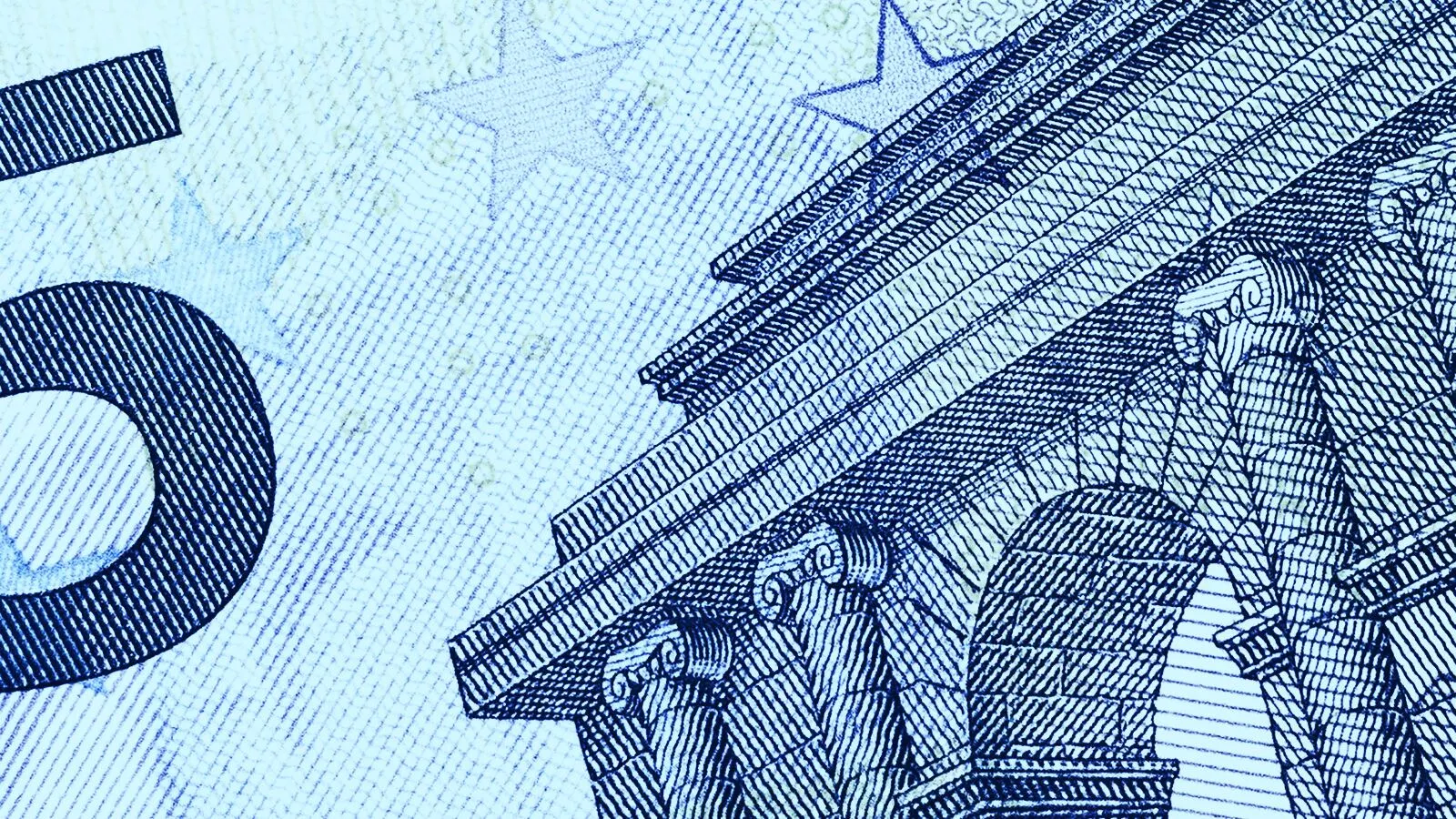Welcome to the Daily Debrief, which is fully backed by reserves that include words, word derivatives and word equivalents.
Our stuff
A tale of two tethers. Ben M today published two (2) pieces on Tether, the first of which details the exchange’s quiet switch to outright fractional reserve banking, which means it sells dollars from its dollar reserves to, we presume, entirely trustworthy and respectable gamblers. Read Ben’s take here, then marvel at his second take, an EXCLUSIVE, which dutifully makes clear what the first take means. Genois, as they say. Here is story 1 (the Classic) and here is story 2 (aka New Story.)
Nostracopeland. Tim’s dreck today explored the listing of cryptocurrency Stellar on Coinbase Pro, which comes hot on the heels of the listing of XRP. In his piece, Tim presents himself as a kind of reverse clairvoyant, retroactively “predicting” that Stellar’s shift to a more professional looking logo yesterday foretold its Coinbase listing today. Hey Amazing Timbo—use your mind-boggling powers of reverse prediction to guess what my last story was! Ah, right—Tether. Here is the story I see you reading in the future.
Ping me? The Amazin’ Adriana H., fresh from her traffic-slaying conquest of Russian Telegram, takes on China today, where the PRC’s biggest insurance provider, Ping An, inked a deal with a blockchain-driven, AI marketplace (WTF?) called SingularityNET. The idea is that the AI’s will process insurance claims for us when we go to the doctor. And all this is delivered via the magic of blockchains, eh? READ IT and see for yourself, loser.
Other stuff
Schmrenewable schmenergy. Alex de Vries, A blockchain specialist with PriceWaterhouseCooper, published an alarming report on Bitcoin’s environmental impact. Here are three takeaways:
- Bitcoiners argue that the existing financial system uses more energy than Bitcoin, making the impact of Proof of Work on the environment moot. Yet de Vries points out that Bitcoin uses 491.4kWh of energy per transaction, while CitiBank and Visa et al use a mere 0.4kWh. So, if Bitcoin were to grow bigger, it would be more than one thousand times more damaging!
- Bitcoiners also spew forth the argument that miners take advantage of surplus renewable energy that would otherwise go to waste. According to de Vries, however, much of this is Chinese “hydropower,” which for much of the year is scarce—forcing those dependent on it to switch to, er, coal. Worse, the reliance on hydropower may actually encourage the development of coal plants, just to keep up with the demand that hydropower is unable to fill.
- De Vries’s final devastating point (that we could be bothered to read): dead ASICS chips are polluting the world. Bitcoin miners, he says, cycle through some “16,442 metric tons” of equipment every 1.5 years, generating up to 10,948 tons worth of waste. Decrypt’s solution? Pile it all up, furnish it with some very basic accoutrements (and his lovingly soiled Hello Tushy) and have Tim move in!
Jameson Plopp. After refusing to give the same goods to Decrypt, bitcoin security analyst Jameson Lopp came clean to The Times about his journey to the land off-grid, where no one can track him down. Read the whole thing,but pay particular attention to the revelation that Lopp bought a literal fake house to throw off postmen.
Written by Ben M, a vile fungus we’ll never be rid of. Fumigate him at @benmunster.decrypt.aol.gmail.com

